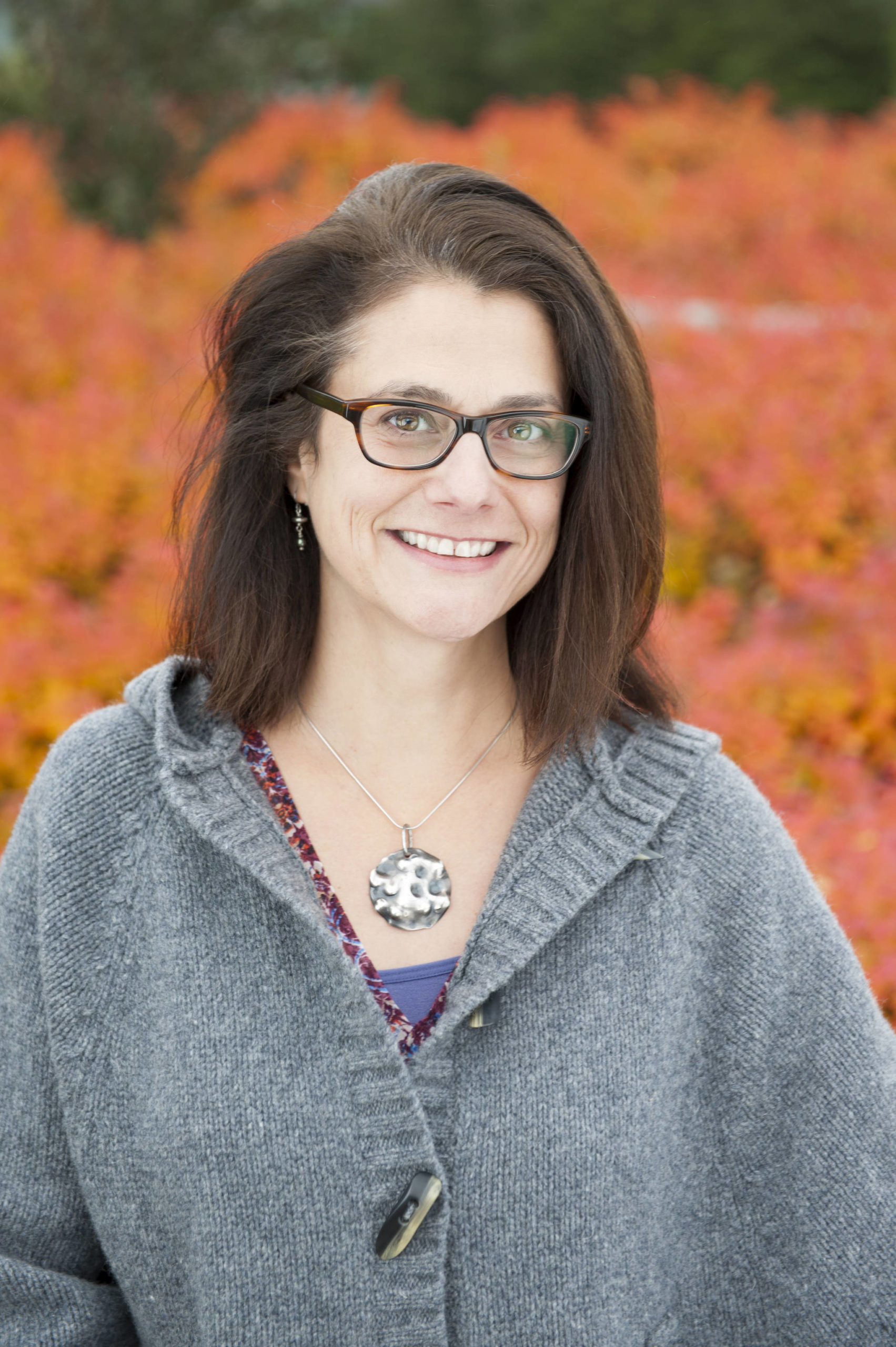By Lora Vess
For the Juneau Empire
Several weeks ago, as Juneau enjoyed a welcome stretch of sunny days after our deluge of summer wet weather, wildfires burned across the Western states, 35 in Oregon alone. I lived in Eugene for nine years, attending graduate school at the University of Oregon in sociology. I felt devastated and helpless as I read news stories and firsthand accounts of the decimation of forests I had hiked and camped in and the horrors of people losing their lives as evacuation routes were blocked by rapidly spreading fires. I communicated with friends who were hunkered inside for days, sleepless and on edge with bags packed for a ready evacuation.
This is the new normal of climate change. What have long been regarded as “natural” disasters are increasingly better understood as consequences of the interactions among our social and cultural systems, the built environment, and the natural environment. The human impacts of these disasters fall disproportionately on communities which are already economically, politically and culturally marginalized. We can understand these vulnerabilities as physical, including our geographical locations and living in unsafe conditions such as beside a nuclear power plant or downstream from a tailings pond; and social, those existing inequalities that affect a potential disaster victim’s ability to escape, survive, or bounce back from a disaster. In Oregon, the air quality was so hazardous that it exceeded the maximum levels on air quality indicator scales. By one account, the amount of smoke and ash in the air was equivalent to smoking more than three packs of cigarettes a day. In California, air purifiers flew off the shelves and the state opened “cleaner-air shelters” for those who could not afford several hundred dollars for a purifier to help protect against hazardous smoky air or the extra expense of running an air conditioner to fight extreme heat. Washington Gov. Jay Inslee called the scenes “apocalyptic” while Oregon Gov. Kate Brown called the wildfires raging across the West “a wake-up call for all of us that we have got to do everything in our power to tackle climate change.”
When a disaster hits, who is able to leave and who stays? If evacuation orders are announced, not all families have safe reliable transportation to escape safely and quickly. Those with greater resources and financial stability rely on service-sector workers to run the gas stations and staff the hotels that enable their families to flee and take refuge. As some readers may remember, tens of thousands of mostly African Americans were trapped and then stranded in the Superdome and Convention Center during and after Hurricane Katrina hit New Orleans. This year’s hurricane season has been marked by what’s termed “rapid intensification,” meaning that within a day’s time, a storm’s maximum sustained winds increase at least 35 mph. This may not sound like much for those of us used to the Taku winds, but combined with heavy rains, storm surges and flooding (the deadliest element of a hurricane), people with disabilities or the elderly may be unable to move to higher ground.
Moreover, during and after disasters, childcare, eldercare, and housework responsibilities tend to fall heaviest on women, even for heterosexual couples who have tried to create egalitarian relationships. Children may be traumatized by losing their homes, belongings and loved ones (including pets). Gender gaps in the building trades means that in the aftermath of disasters, men are more likely to be working long hours repairing and rebuilding. Multiple studies have found a relationship between natural disasters and increased rates of interpersonal violence. And someone must deal with insurance companies and government disaster assistance programs.
As I write this, new fires continue to ignite in California. At least 18,000 firefighters are on the front lines, some of whom are inmates, working for very low-pay in dangerous conditions. Others are working extremely long hours with little opportunity to rest and see their families. Almost all would likely say that they are short on resources. Each year, the UAS Sustainability Committee selects a centralizing theme; this year’s is “disasters and resilience.” From wildfires, climate change, to a global pandemic, it’s easy to point to the disasters. It’s harder to respond to the trauma and stress. In a conversation with several colleagues today one of them described her current state of resilience as paper thin. I suspect many of us are feeling this way and wondering how to push through in the face of so many adversities. There are no easy answers, but ballots are also paper thin. This election, I encourage you to vote for candidates that champion climate change policies, not only to address environmental destruction, but the human impacts that accompany them.
• Lora Vess is an Associate Professor of Sociology and Department Chair of Social Sciences at the University of Alaska Southeast. “Sustainable Alaska” is a monthly column, appearing on the first Friday of every month. It’s written by UAS Sustainability Committee members to promote sustainability. The views expressed here do not necessarily represent the views of the University of Alaska Southeast.

